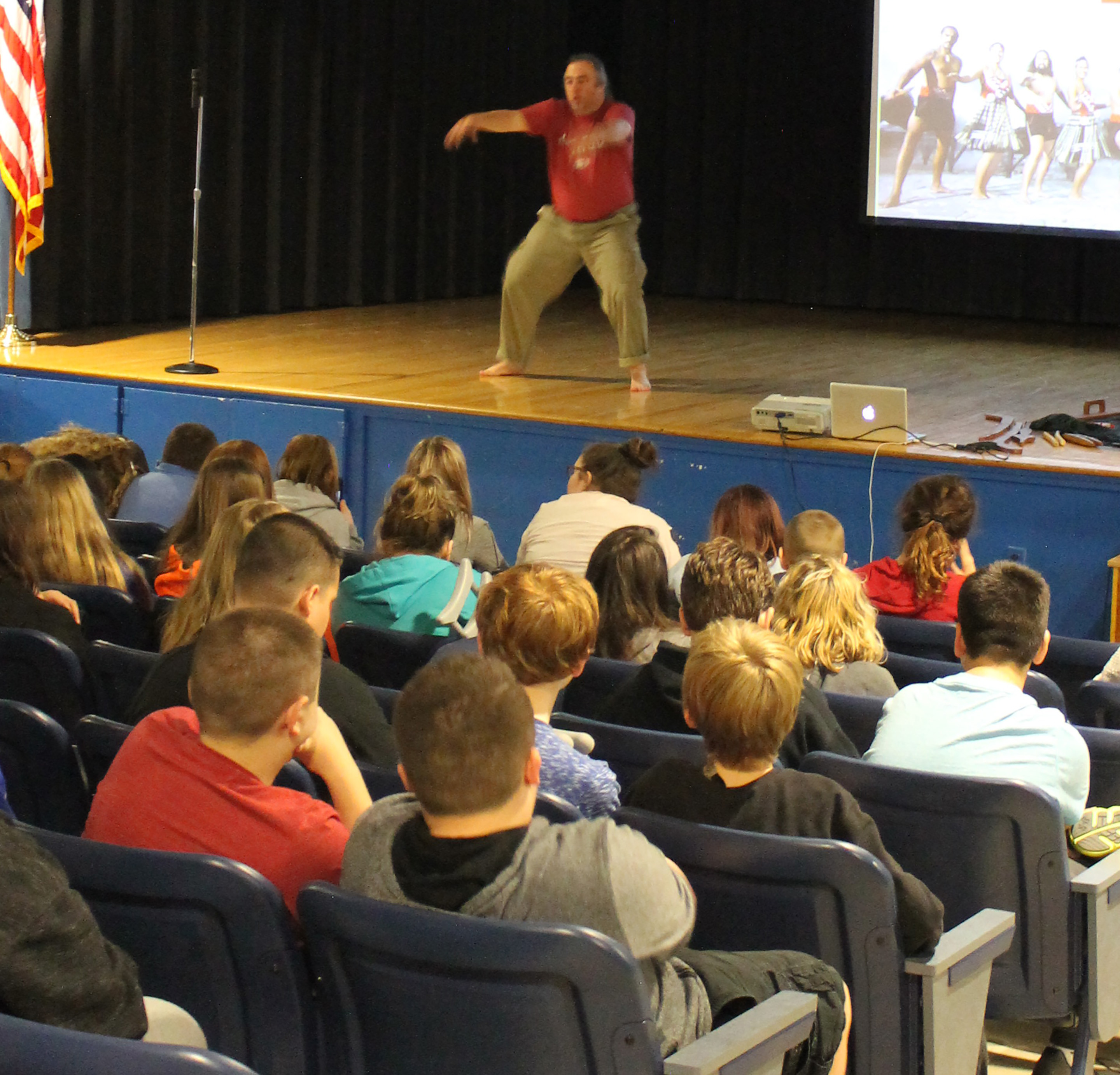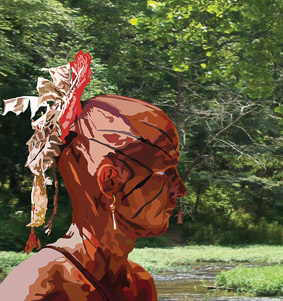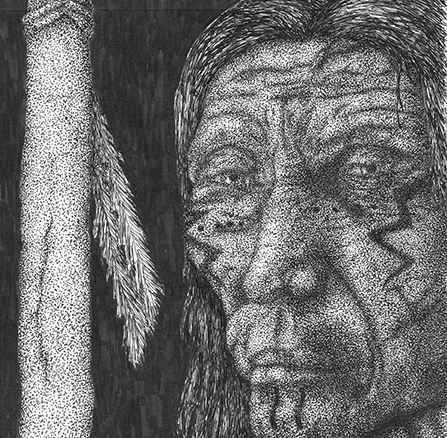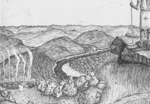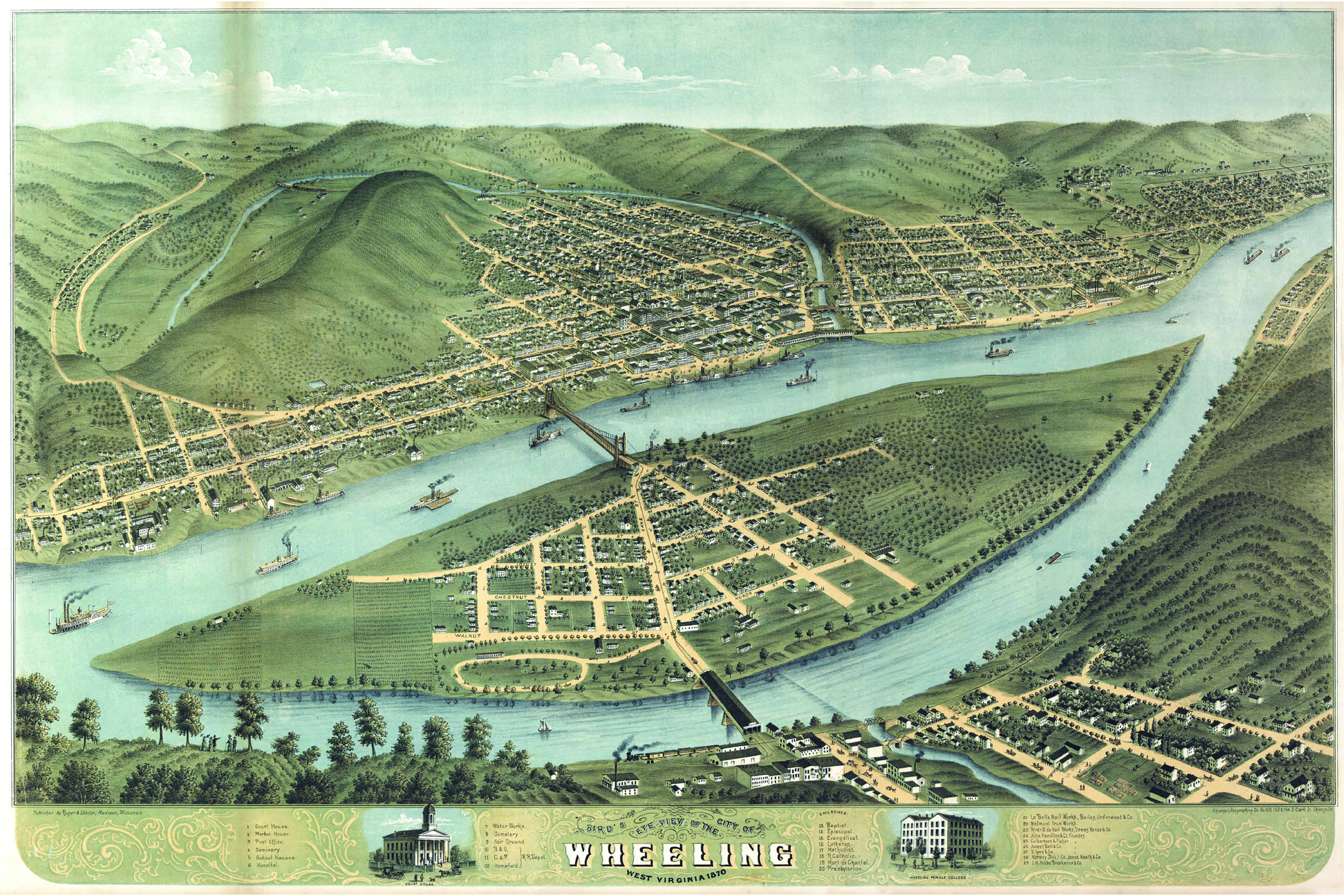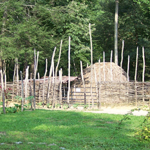What tribe are you?
I am not an indigenous person, nor do I speak for any group. When I walk into a room of people and am asked about what I study and write about, I often get asked what tribe I’m from. My long hair and metal earrings may be a part of the misconception but even when I had short hair I was asked. Admittedly, I never get this question from indigenous people and for good reason. I will answer the question the way I always try to do.
I am not indigenous, by culture or descent. But, I have always been concerned about the way indigenous peoples have been treated and the systems that continue to oppress indigenous communities. I am of European descent and know of at least a few that fought against the original inhabitants of the lands called Ohio, Maryland, and Virginia. I feel responsible as their descendent, and as a historian, to remember and present the complicated and often painful history of the colonial period. This is not guilt, this is honesty. It is honest to admit the consequences of colonization and racial inequality that date back to before Europeans set foot in North America. I frame my research and teaching with the three As: Ally, Advocate, and Amplifier.
I attempt to be an ally to indigenous and other minority communities in any way I can. Identifying opportunities to be an ally are everywhere. This first has meant learning the history of these communities and to listen to their concerns, hopes, and desires. I am still learning and will continue to do so. Being an ally does require more than just listening. I act in my everyday life discussing details of the past many people would prefer to forget. I try to act politically by being an informed voter and look at situations from as many communities’ perspectives as possible the deciding who vote for and promote.
This desire to be an effective ally leads to string advocacy for indigenous communities in the halls of power. I have access to people not typically reached by indigenous communities in academic institutions and in the government and even in public education. I advocate for increased indigenous history standards and promote better literature and teaching materials for students that are inclusive of as many perspectives as possible. When in a conversation with friends or in front of an audience, I teach the antidote to racism and ignorance: information. This has even gone as far as working on developing legislation to protect the sovereignty of indigenous people in states without Federally Recognized tribes.
As a non-indigenous historian and anthropologist, I am keenly aware of the drowning effect that white voices can have for indigenous people. Vine Deloria, rightfully called academics out for this kind of coopting of indigenous narratives. My most precious task and one I have yet to even come close to living up to is to be an amplifier of indigenous voices. I can add my voice to it but the primary messaging needs to come from indigenous people. By promoting blogs like All My Relations, or Indian Country News on social media in my presentations to students and the pubic I hope to always be directing my community to listen more as well. Though not indigenous, I hope to show cultural sensitivity and respectful creativity at all times. Any mistakes are completely mine and I apologize for any misunderstandings, misrepresentations or errors, but know they were in the service of telling the story of hidden indigenous peoples of the central Appalachian Mountains.
